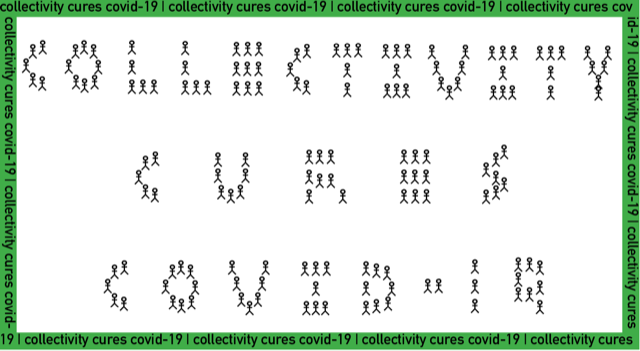
_Sydney Lewis is a first-year journalism and political science major at MU. She is an opinion columnist who writes about politics and identity for The Maneater._
Masks have become the new normal ever since the COVID-19 pandemic changed life around the world. While many countries have returned to a pre-pandemic state, the United States has continued to see an increase in cases.
One of the countries that has done the best containing the pandemic is Taiwan. The small island off the east coast of China has only recorded seven COVID-19 related deaths to date, according to research by Johns Hopkins University. Taiwan attacked the virus with aggressive contact tracing after first closing its borders and banning the exportation of surgical masks. They used mobile tracking software to ensure those quarantining were actually doing so.
South Korea has also been praised for keeping the COVID-19 outbreak under control. By early May, daily life had “returned to normal,” reporter Aaron Holmes wrote in Business Insider. The country’s use of technology, and the citizens’ willingness to give up privacy, differ greatly from the United States’. Besides their healthcare system, through which testing and treatment is free, “health authorities will use CCTV footage, credit card transaction data, travel information and location data to keep tabs on patients,” according to Holmes. This allows the South Korean government to trace where a person has been in just ten minutes.
Americans would never support this use of private information, even if it were to save lives. The United States can barely enforce mask ordinances and stay-at-home orders, much less convince the whole population to allow access to their private records. A 2019 report by Pew Research Center found that 64% of Americans are at least “somewhat concerned” about how much data is collected about them by the government.
The United States has been ineffective in preventing the spread of COVID-19. That is, in part, due to incompetent leadership. But even if Joe Biden were president and implemented every policy in his proposed plan, there is no guarantee cases would decrease.
The Trump administration spews dangerous misinformation but they are not solely to blame for Americans’ refusal to wear masks and obey social distancing.
The United States has a largely individualist culture which has exacerbated the spread of COVID-19. Individualism values personal independence; people’s values often come from within instead of being shaped by their role in a group.
Many other countries, largely in Africa and Asia, have collectivist cultures; they value personal interdependence. “A collectivist’s sense of self is defined more by who they are with other people, or by their membership in a group. Maintaining social harmony, getting along with others and meeting social expectations are more important in collectivist cultures,” according to AFS.
Professors at the University of California Santa Barbara studied this idea. Professor David Sherman said, “We’re seeing that in China’s response and in Korea’s response as well as in Taiwan and in Singapore — the massive social coordination, which may be associated with being in more of a collectivistic culture.”
The difference in approaches to the pandemic is seen in small details like the words we use. While the United States has been calling for “social distancing” since March, Taiwan calls it “physical distancing.” UCSB professor Heejung Kim said “now is the time to remind ourselves that we are merely physically distancing ourselves, and that more than ever, we should get socially closer as a community.” American culture views the distance as a social barrier, while collectivist cultures view it simply as a physical distance used to keep others safe.
If the United States has any hope of decreasing death rates from COVID-19, it must look to the countries where citizens put the needs of the group ahead of their own. As long as Americans are more concerned about themselves than the country, infections and deaths will only continue to rise.
_As part of its commitment to highlighting organizations fighting for racial justice, the Maneater is encouraging readers to donate to The National CARES Mentoring Movement, a “pioneering community-galvanizing movement dedicated to alleviating intergenerational poverty among African Americans. It offers Black children in low-income families and unstable communities the social, emotional and academic supports they need to unleash their potential and graduate from high school prepared to succeed in college or vocational-training programs and 21st-century careers.” Donate at: https://www.caresmentoring.org/index.php/donate_
_Edited by Sofi Zeman | [email protected]_